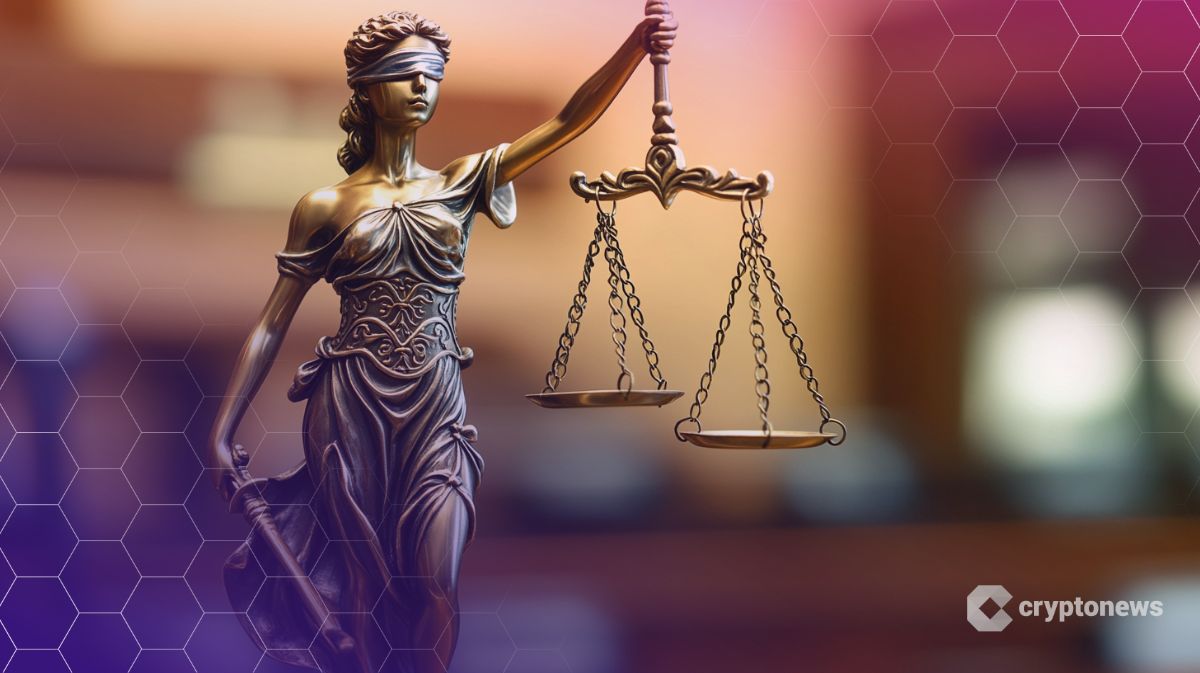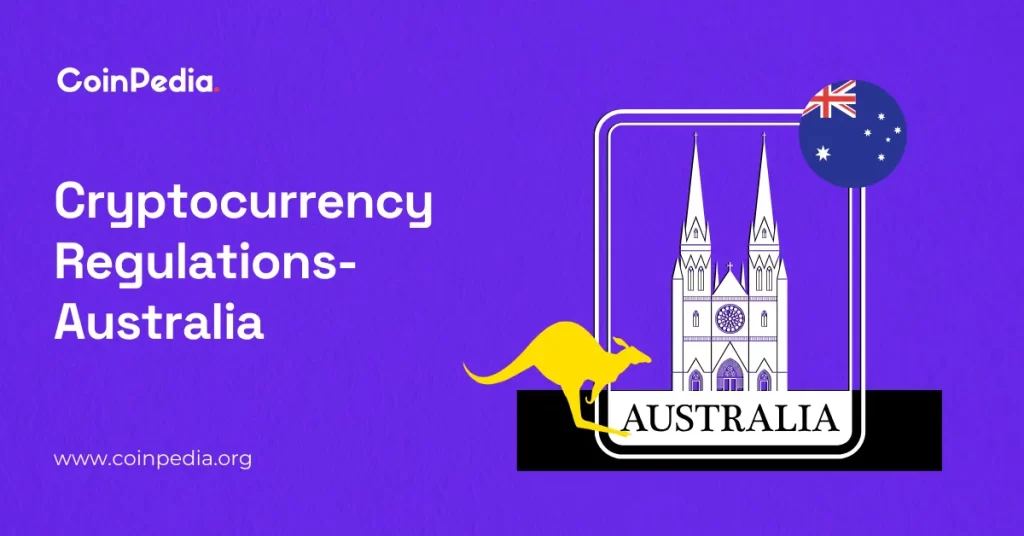Scroll updates DAO reform governance process and goals, aiming to complete preparations for the new structure by January 1st of next year
PANews reported on September 18th that the Ethereum Layer 2 network Scroll released an update on the evolution of its DAO, stating that it would not be disbanding the DAO, but rather improving it to accommodate its rapid growth. These changes do not pose protocol-level risks, and user funds remain secure. The goal of this governance reform is to create a DAO environment that is based on clear mandates and better aligns with Scroll's vision. Key structural changes proposed for the DAO include: 1. Foundation oversight and operational autonomy: The DAO will report to the Foundation; 2. Strategic resource allocation: DAO funds will be determined and allocated annually or biennially to ensure strategic and efficient use of resources; 3. Increased operational independence: The Foundation will withdraw from the day-to-day operations of the DAO and instead oversee it through an Executive Committee, ensuring that proposals align with Scroll's guidelines and retaining veto power when necessary.
Scroll plans to recruit governance committee members in the coming days and work with them to design a new charter and governance model. These will be drafted into a proposal, which will be submitted for feedback and a vote by the DAO. The goal is to complete the new structure before the January 1, 2026 voting cycle. During this transitional phase, the community team will serve as the DAO's proof of concept.
Earlier on September 11, ScrollDAO governance was announced to be "suspended" and the leadership team resigned collectively .
You May Also Like

Judge Dismisses Yuga Labs Lawsuit, Rules BAYC NFTs Aren’t Securities

Bitcoin Hits $125K as Exchange Balances Drop to Six-Year Low
